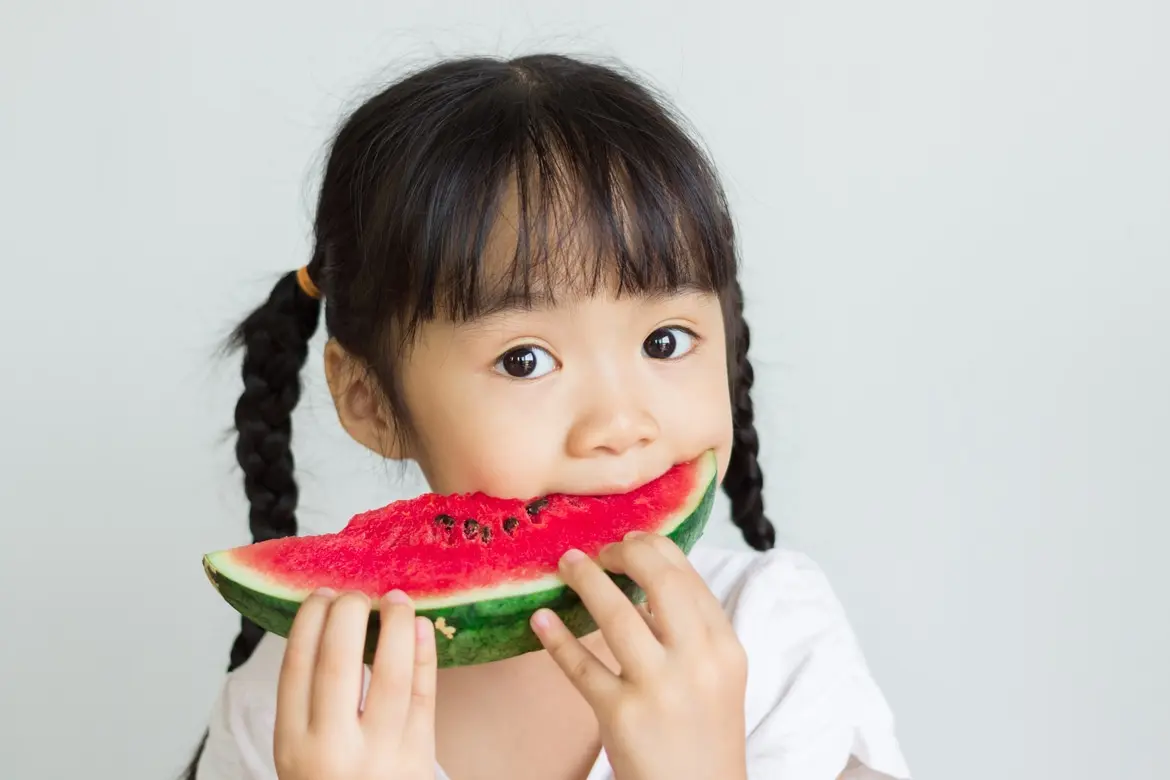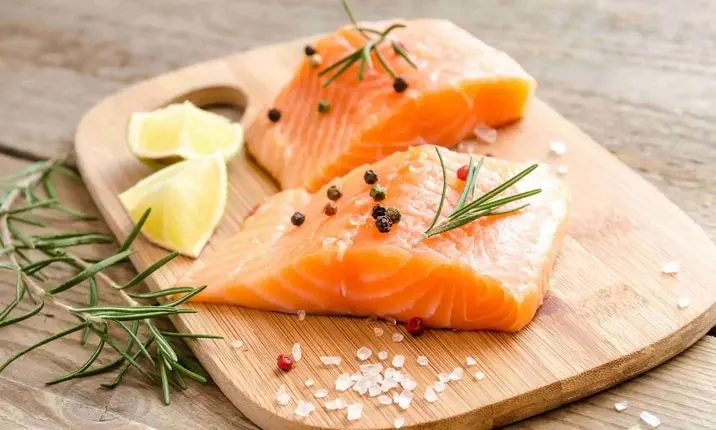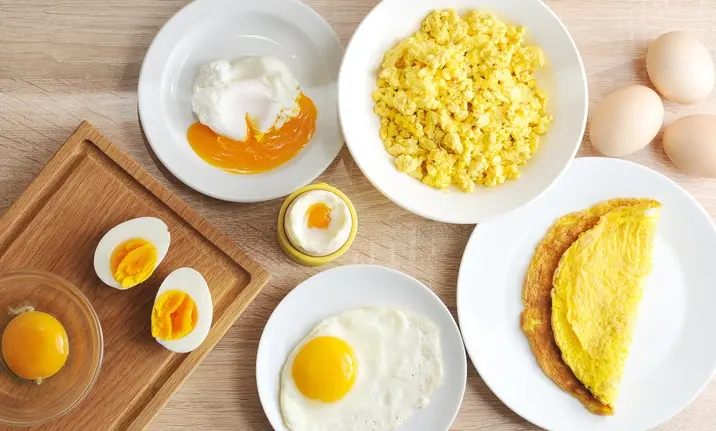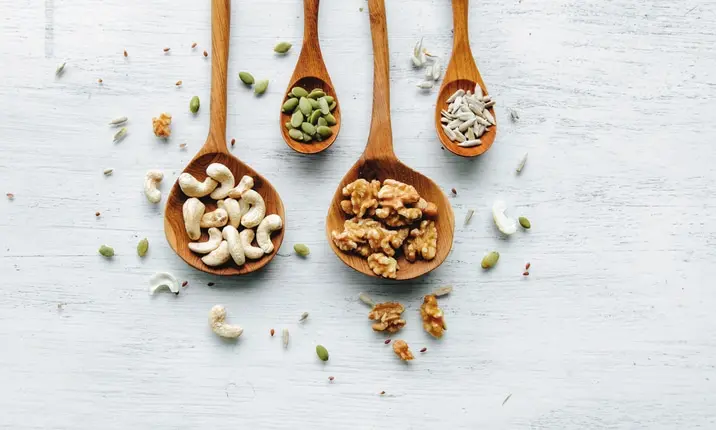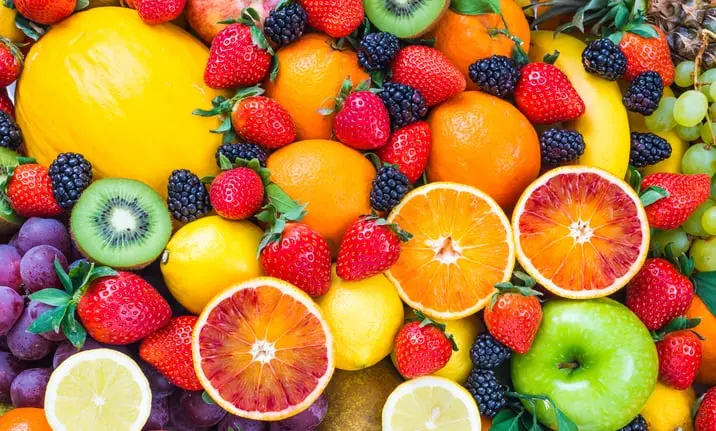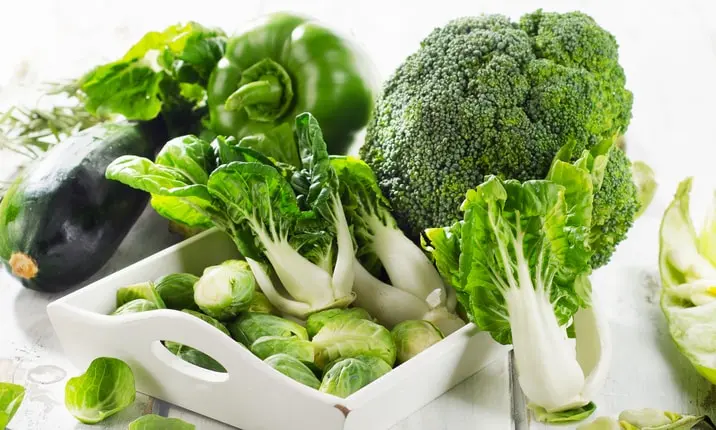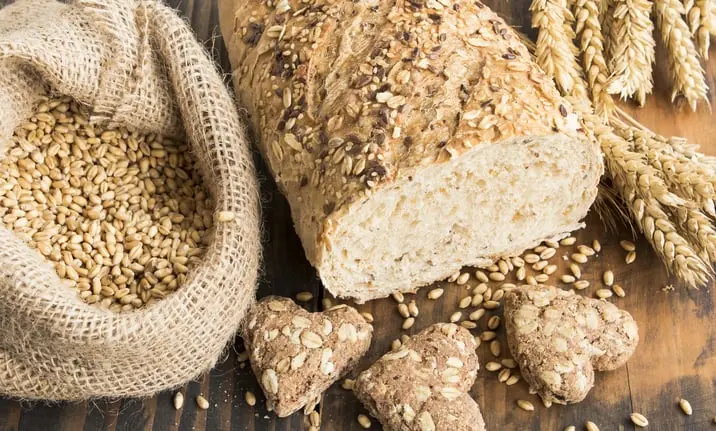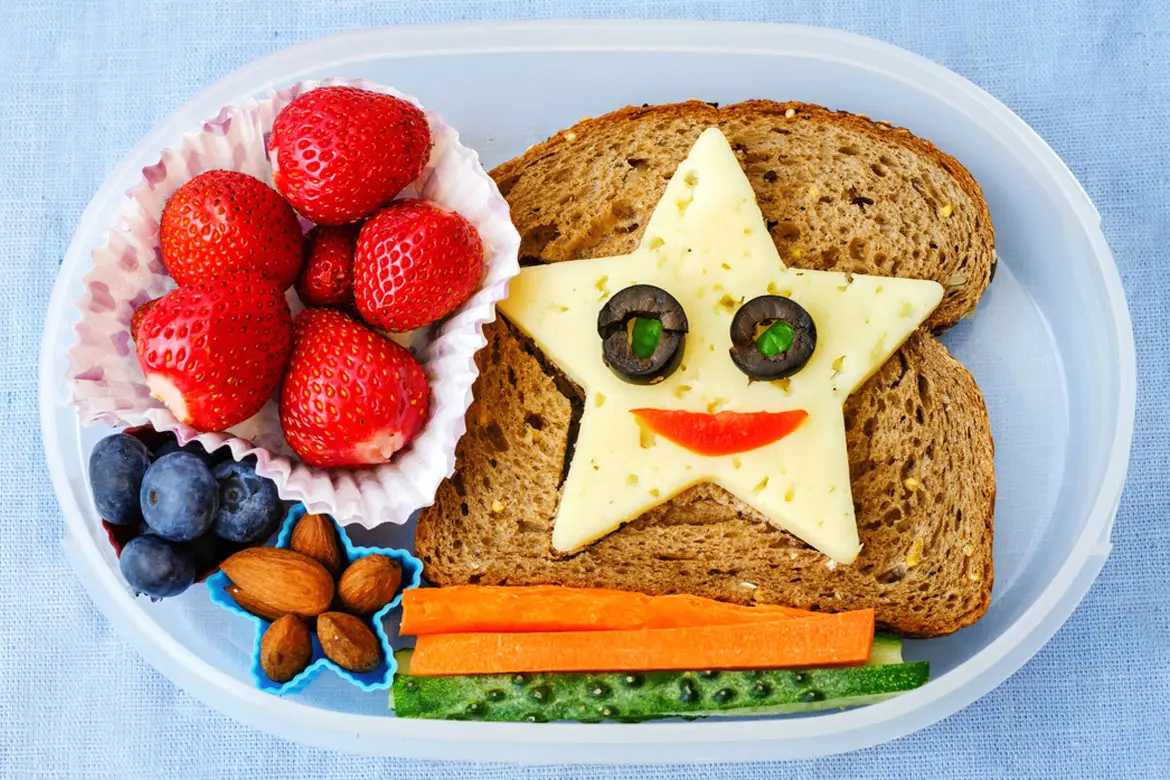The evidence of eating specific foods in order to increase brain function is inconclusive. However, there are some specific nutrients that help to support a child's brain development. Read on to find out what they are, and how you can include them into their diets.
Oily fish
Fish rich in omega-3 fatty acids such as DHA and EPA are essential foods for healthy brain growth and function. Around 60% of the brain is fat, so your body uses omega-3 fatty acids to assist in neurological development, and protect the brain from memory loss and declining memory function. Research has shown that people who consume a diet rich in these fatty acids might have sharper memories and do better in mental skills tests. Salmon, trout, mackerel, herring and sardines are all good options.
Serving suggestions:
- Prepare salmon sandwiches with wholegrain bread
- Grill fish and serve with a dipping sauce
- Roll into sushi
Eggs
Eggs are packed with vitamins and other nutrients that aid brain health. Choline, found in egg yolks, is a key component of cell membranes that the body uses to create important neurotransmitters and cell membrane signalling. It has been shown to play a significant role in the brain development of a foetus or infant. Studies have shown that choline improves mental function and memory development. Eggs are also a great source of protein, and help keep your child satiated for a longer period of time.
Serving suggestions:
- Scramble eggs and serve on toast
- Stir into a seasoned broth to make egg drop soup
- Make an omelette with fresh vegetables
Lean meat
Iron in meat protein helps to supply oxygen to the brain, and iron deficiency is sometimes associated with cognitive development and attention deficit. Lean meat such as chicken and turkey as well as seafood such as tuna and shellfish are good sources of iron. For vegetarians, dark green leafy vegetables like spinach and broccoli as well as beans, lentils and legumes like chickpeas also provide your child with plenty of iron. Consuming iron together with vitamin C will help them to be absorbed efficiently. Lean meats are also rich sources of zinc, which helps to regulate communications between nerve cells in the brain.
Serving suggestions:
- Chop and stir fry with green vegetables and peppers
- Mini burgers with lean meat patties
- Make a pasta sauce with fresh tomatoes and herbs
Nuts and seeds
Nuts and seeds are an easy addition to your child's diet, and can have a positive effect on brain and heart health. They are high in protein, essential fatty acids, iron and zinc. They also contain vitamin E, which may improve cognition function and prevent damage caused by free radicals that can cause mental decline. Walnuts, in particular, contain omega-3 fatty acids that help to promote good brain health.
The antioxidants in seeds can also help to maintain a healthy brain. Pumpkin seeds contain magnesium (which is essential for learning), zinc and copper (which assist in nerve signalling), and iron, of which a deficiency can cause impaired brain function. Eating a variety of nuts and seeds means your children can reap the various benefits of the different nutrients they contain.
Serving suggestions:
- Serve a few types of nuts and seeds together as a trail mix
- Spread nut butter over bread or toast
- Add them to breakfast cereal or oatmeal
Fruits
Fruits especially berries are rich sources of antioxidants. Berries contain anthocyanins and other flavonoids, which have been shown to have anti-inflammatory and antioxidant properties. Oxidative stress and inflammation can cause adverse effects on neurological processes. Eating a diet rich in antioxidant foods can therefore help combat mental decline.
Fruits that are high in vitamin C, such as oranges, kiwi fruit, guava, strawberries and papaya can be a great choice for keeping your kid's brain healthy and alert. Studies show that vitamin C in fruits has the potential to protect against mental decline and support brain health. It is also another antioxidant that prevents damage caused by free radicals, and keep brain cells strong. Vitamin C also has a number of non-antioxidant functions. Serving as an enzyme co-factor, a non-protein chemical that assists with a biological chemical reaction, it helps facilitate the production of neurotransmitters in the brain to aid mental alertness, concentration and memory.
Serving suggestions:
- Serve as a juice at breakfast
- Slice into a fruit salad
- Add fruit to breakfast cereal and oatmeal
- Add to a smoothie with other fruits and vegetables
Vegetables
Brightly-coloured veggies such as tomatoes, carrots, pumpkins, sweet potatoes and dark leafy greens and cruciferous vegetables such as broccoli and cabbage are rich in antioxidants. They protect our body and brain against free radical damage. Leafy greens like spinach are great sources of folate, which is necessary for cell repair and maintenance as well as the development of DNA. Vegetables are also an essential part of an overall balanced diet, so make sure your children are getting adequate vegetables each day.
Serving suggestions:
- Blend veggies into a smoothie with fruit if your child is a picky eater
- Stir into flavourful rice or noodle dishes
- Cut up raw vegetables and serve with a healthy dip
Whole grains and oats
Oats and whole grains are excellent sources of fibre, and keep kids feeling full and energised for longer. They help to regulate the release of glucose into the blood, preventing any spikes in blood sugar levels that inevitably result in crashes in energy and concentration. Whole grains and oats are also good sources of nutrients including vitamin E and B, potassium and zinc, to help your kid's brain work at full capacity.
Serving suggestions:
- Serve warm oats for breakfast in the morning, topped with blueberries
- Choose wholegrain pasta, noodles and bread when cooking
- Serve wholegrain couscous, instead of rice, with main dishes
The best way to set your children up for success is to offer a balanced, varied diet. Including some of these foods will certainly help with getting through stressful exams or tests, but it's also helpful to avoid certain foods that can be detrimental to brain health. Anything processed and high in sugar or trans fats can impair memory, concentration and focus, so it's best to keep sugary snacks and fast food to a minimum.
Prepare foods that will provide slow-release energy, including lean meats, fresh fruit, vegetable and whole grains. These foods will benefit your child's brain and overall health, and help them get through their daily activities with ease.
